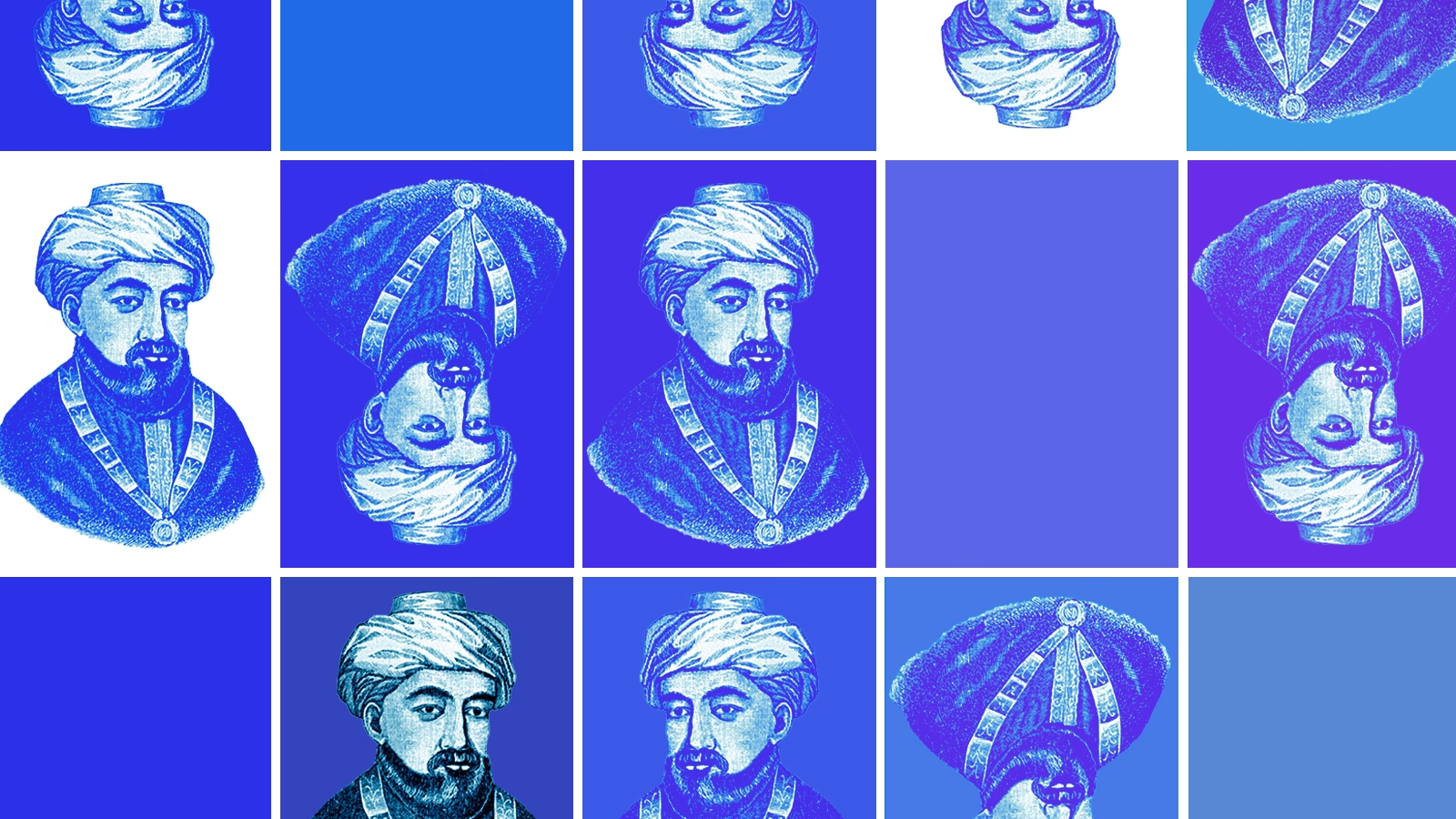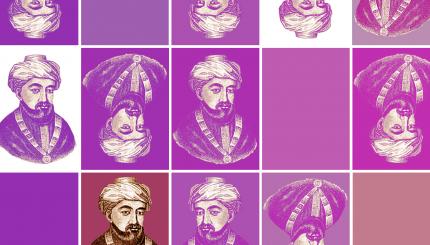“From Moses to Moses, none arose like Moses.” This popular expression, engraved on what is popularly though to be Maimonides’ tomb in northern Israel, says much about the medieval physician, philosopher and halachist’s status in Jewish circles. With the possible exception of Rabbi Judah the Prince, the editor of the Mishnah, it is hard to think of any single individual since the first Moses whose absence would be felt as dramatically today.
Reform, Conservative, and Orthodox streams in Judaism all recognize his unique authority. As dramatically different figures as the Chabad Hasidic leader Menachem Mendel Schneerson and the Orthodox Israeli intellectual Yeshayahu Leibowitz have each claimed to be Maimonides’ legitimate 20th-century spokesperson. There is probably no city in Israel without a street named for him, as is the largest hospital in the northern city of Haifa. There is even a relief portrait of him in the U.S. Capitol building.
Maimonides has a level of authority in Judaism such that his views are considered legitimate simply by virtue of his having held them. In traditionalist circles, Maimonides cannot be wrong, which leads to some interesting intellectual gymnastics among some Orthodox thinkers who must reconcile his admiration for Aristotle and reliance on the best science of his day with their own reservations about the legitimacy of non-Jewish sources of knowledge. Maimonides is in many ways a Rorschach test: the way a person interprets him says much about that person.
Maimonides’ greatest success has been so widely accepted that it is rarely recognized as being his: He succeeded in convincing almost all Jews that the God of the Torah has no physical form. Given the dramatic anthropomorphism of the Bible and rabbinic literature, the frequent references to God’s limbs and ascribing to God human emotions like anger and jealousy, this was no mean feat. But his enduring influence goes well beyond the acceptance of any particular point of religious dogma.

Help us keep Jewish knowledge accessible to millions of people around the world.
Your donation to My Jewish Learning fuels endless journeys of Jewish discovery. With your help, My Jewish Learning can continue to provide nonstop opportunities for learning, connection and growth.
Maimonides was the forerunner of all attempts to codify Jewish law. His code, Mishneh Torah, is revolutionary in three ways. It was comprehensive, covering every aspect of Jewish law, including vast areas of Jewish practice that, in Maimonides’ day, were simply inapplicable. It was systematic, so rigorously arranged as to be almost geometrical in its approach. And it was a code, presenting not merely an opinion about what the law should be, but an absolute statement of what the law is. Without it, it’s unlikely that subsequent codifiers would have had the courage (and precedent) to do what they did. No Mishneh Torah, no Shulchan Aruch.
Maimonides also placed Judaism on a firm dogmatic footing with his “Thirteen Principles of Faith,” a set of core Jewish beliefs that he asserted all must accept or be branded a heretic. Without Maimonides, it would be impossible to speak of Jewish orthodoxy in any technical sense of the term. Yet the notion that Judaism has a category commandments that have the status of dogmas was absolutely unprecedented and changed the face of the religion forever, helping surmount theological attacks on Judaism on the one hand, but also making possible (and possibly encouraging) the hunt for heretics.
Maimonides was a rationalist, insisting there is no place in Judaism for magic or superstition, angels or demons, or any forces beyond those of nature and the God of nature. He also maintained there was no contradiction between science and Judaism — one God wrote two books, Torah and cosmos, and the truly devout Jew must study both or have access only to half of God’s oeuvre. Without Maimonides, it would have been hard for traditional Judaism today to accept the claim that God intended human beings to use their brains in an independent and rational fashion — to accept the truth, as he put it, no matter its source. Appeals to authority as such, rabbinic or otherwise, had no place in Maimonides’ world.
Maimonides was also a universalist, believing there to be nothing intrinsic, metaphysical, or mystical that distinguishes Jews from non-Jews. All human beings, he maintained, are created in the image of God. His perspective makes possible a universalist vision of the messianic era, in which all people worship God from a stance of spiritual equality and Jews are in no way thought to be superior. Yet this universalism should not be confused with intellectual or spiritual pluralism. Truth is objective, Maimonides asserted, and accessible to any educated person willing to work hard to acquire it. This is clearly not a popular view in contemporary culture, with its emphasis on relativism.
It must not be forgotten that Maimonides was a man of his age. His philosophy was based on pre-Copernican, pre-Newtonian physics and metaphysics. He was not a democrat or a feminist and he gave short shrift to heretics and idolaters. Admitting all this in no way ought to reduce admiration for Maimonides. Accepting Maimonides’ teachings uncritically would perhaps be the least Maimonidean thing one could do. The man was not searching for blindly fervent followers.
Rather it is his example, not the particular content of his teachings, which remain relevant — and challenging — today. His is the example of the extremely learned Jew, devoted to Torah and to the people of Israel, yet who was unwilling to close his eyes to the Torah’s simple teaching that all human beings are equally made in the image of God. Maimonides was unwilling blindly to follow accepted positions and give in to the siren call of magic and irrationalism.
Orthodox Judaism as it exists today is inconceivable without Maimonides — no dogmatic theology, no Shulhan Aruch, no messianic Zionism. Non-Orthodox Judaism does not need Maimonides to prize rationalism and universalism, although it is nice to have him. But he is certainly crucial for all Jews who want to observe the commandments as commandments and at the same hold that the Torah commits them to rationalism and universalism.



